Many scientists have suggested that dietary and lifestyle factors play a major role in prostate health; even more than genetics. In fact, it has been estimated that 75 percent of advanced prostate cancers are nutrition-related. In Japan and China, for example, men have up to 90 percent less prostate cancer than do American men. The reason for this overwhelming statistic can be summed up in two words: diet and lifestyle. Traditional Asian diets are lower in animal fat and higher in fruits, vegetables and whole grains than the Standard American Diet (SAD). Fortunately, diet and lifestyle are factors you can control.
Following a healthy diet has a positive effect on prostate health, as well as your overall health and well being. Here is a quick guide to help you avoid foods that promote prostate cancer and choose foods that may help prevent it:
Eat More
- Healthy fats – Essential fatty acids can reduce the risk of prostate cancer and BPH, enhance immune function and quell inflammation. These fats are called “essential” because your body does not make them – you get them from foods. Omega-3 fatty acids are particularly beneficial. Good sources include wild salmon, halibut, tuna, cod, scallops, flax seeds and walnuts. Monounsaturated fats are also important for prostate health. Try olive oil, avocados, raw almonds and pumpkin seeds.
- Vegetables – Tomatoes contain lycopene, a potent antioxidant that is clearly linked to prostate cancer protection. Cook tomatoes with olive oil to boost lycopene absorption. Enjoy at least 5 servings of other delicious vegetables each day for a wide array of cancer-fighting nutrients. A high intake of green leafy vegetables can reduce your risk of prostate cancer by more than 30 percent! Enjoy kale, Swiss chard, bok choy and romaine lettuce.
- Soy – Soy foods contain anti-cancer compounds that help to normalize hormone levels and lower the risk of prostate cancer. Opt for organic soy foods such as soy beans, miso, tempeh and unsweetened soy milk.
- Antioxidants – Vitamins A, C and E, selenium and zinc are potent cancer-fighting nutrients. These powerful antioxidants are deficient in the SAD diet. Zinc is extremely important to prevent and treat BPH, and is helpful for prostatitis. Vitamin E and selenium appear to have a protect effect on the prostate. Make sure to include the following anti-cancer foods in your diet:
- Vitamin C – Papaya, bell peppers, strawberries, broccoli and Brussels sprouts.
- Vitamin E – Sunflower seeds, almonds, Swiss chard, turnip greens and asparagus.
- Selenium – Cod, tuna, halibut, sardines, turkey, lamb and scallops.
- Zinc – Venison, grass-fed beef, sesame seeds, pumpkin seeds, oats and shrimp.
- Green tea – A delicious hot or cold beverage that may help prevent prostate cancer. A compound in green tea has been shown to kill prostate cancer cells in a test tube.
- Berries – Studies have shown the impressive action berries can have against prostate cancer. This includes blackberries, raspberries, blueberries, cranberries and strawberries. Pomegranates, cherries and plums also appear to be helpful.
- Organic foods – Go organic! There is a link between pesticides and prostate cancer.
Eat Less or Eliminate
- Red meat – Diets high in red meat are associated with an increased risk of prostate cancer. A 1993 Harvard School of Public Health Study found that men who eat red meat five times per week are more than twice as likely to develop advanced prostate cancer as are men who eat red meat one time or less per week. If you do eat red meat, practice moderation and choose organically-raised, grass-fed animals. Maintain a balanced diet by consuming an adequate amount of essential fats, fiber, vitamins and minerals.
- Fried, sautéed, char-broiled, smoked, creamed, buttered or browned foods – Foods cooked this way contain carcinogens, which can increase your risk of certain cancers, including prostate cancer. Choose roasted, braised, steamed, baked or poached foods instead.
- Milk – High intake of milk is associated with 111% increased risk for prostate cancer. (Calcium appears to be the culprit.) Replace cow’s milk with organic soy milk or unsweetened almond milk.
- Sugar – Avoid sugar and other refined foods. Sugar may stimulate inflammation in the prostate. Sugar also inhibits immune function, increases insulin resistance, stresses the hormonal system and robs your body of essential minerals.
- Harmful fats – Avoid unhealthy fats such as margarine, shortening, refined vegetable oils, hydrogenated fats and trans fats. All “fake” fats act like saturated fats in the body; they raise LDL cholesterol and lower HDL cholesterol. This is precisely what you want to avoid for optimum prostate health!
- Alcohol & caffeine – Can aggravate symptoms of BPH.
Until next time, make every bite count!

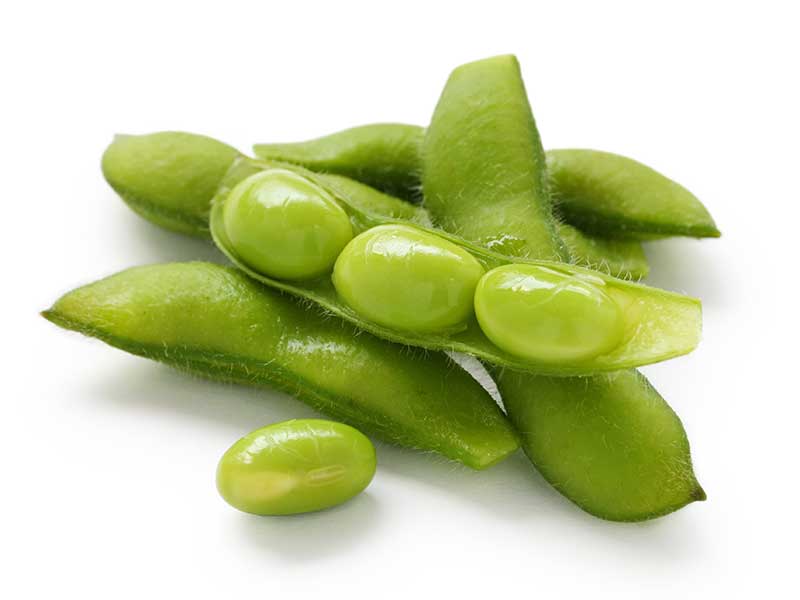

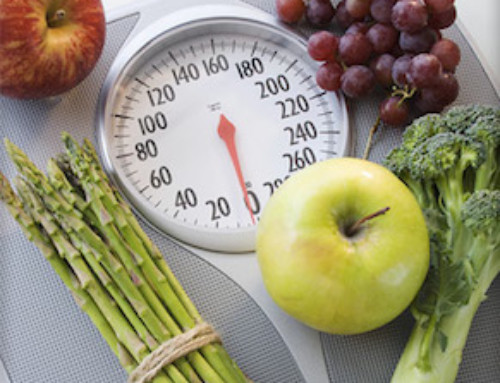
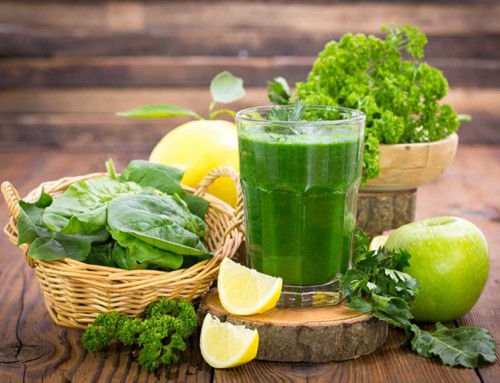

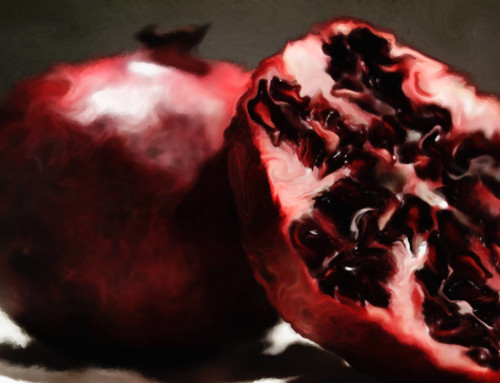
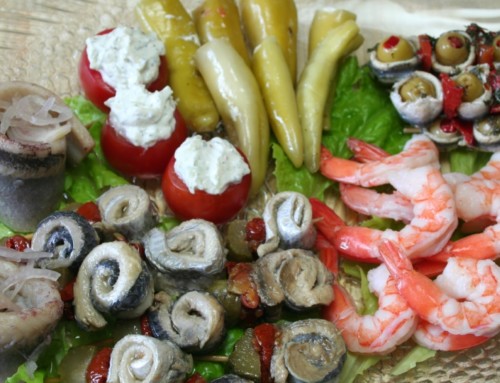
Leave A Comment
You must be logged in to post a comment.